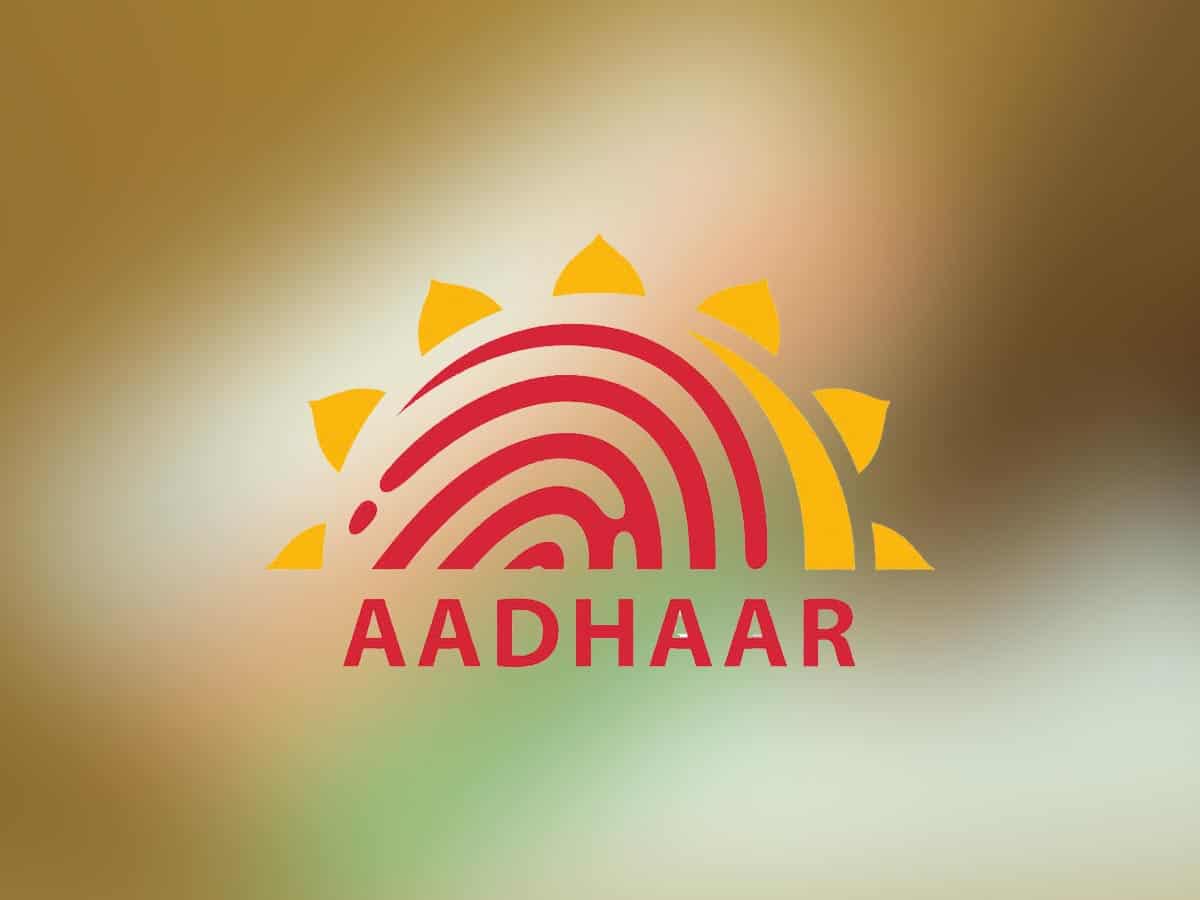Mumbai: The Bombay Catholic Sabha and the Citizens for Justice and Peace on Thursday said using Aadhaar information for the National Population Register exercise was questionable and could lead to genuine citizens getting illegitimately excluded.
Addressing a press conference, Doldhy D’ Souza of the BCS, Teesta Setalvad of the CJP and senior Supreme Court advocate Prashant Bhushan raised concerns on policing and profiling of citizens by the Union and Maharashtra governments.
“The danger of using Aadhaar information for NPR means many genuine citizens could be illegitimately excluded,” Bhushan claimed.
Setalvad said the non-transparent seeding of Aadhaar data and creating a National Population Register (NPR), which is the basis for All-India National Register of Citizens (NRC) between 2015 and 2024, raises questions of violations of the Constitution.
D’Souza elaborated on the alleged selective profiling of Christians in the Mumbai metropolitan region, which includes the metropolis and adjoining Thane, Palghar and Raigad districts, in the guise of a survey for Maratha quota.
Right to Information pleas have shown a giant step towards NPR and NRC was taken by the Union home ministry when Aadhaar database details were linked with NPR database in 2015, alleged Debashis Sengupta, Jitendranath Nandi and Abijit Mitra, all associated with Bengali magazine ‘Manthan Samayiki’.
The legal way of linking the two databases is by acquiring informed consent from every resident through a public exercise similar to the Census conducted by the Registrar General of India (RGI) but investigations reveal the exercise did not have any provision to collect informed consent for this linkage, they alleged.
The BCS and CJP leaders said they had received information from residents of areas in like Vikhroli, Gokuldham, Goregaon East and Thane about individuals using an app-based software asking Christians about their religion and conversion details under the guise of the Maratha survey.
“Issues of the organisations to which this survey has been outsourced is also something that the government must answer,” Setalvad pointed out.
The original piece may be read here:











